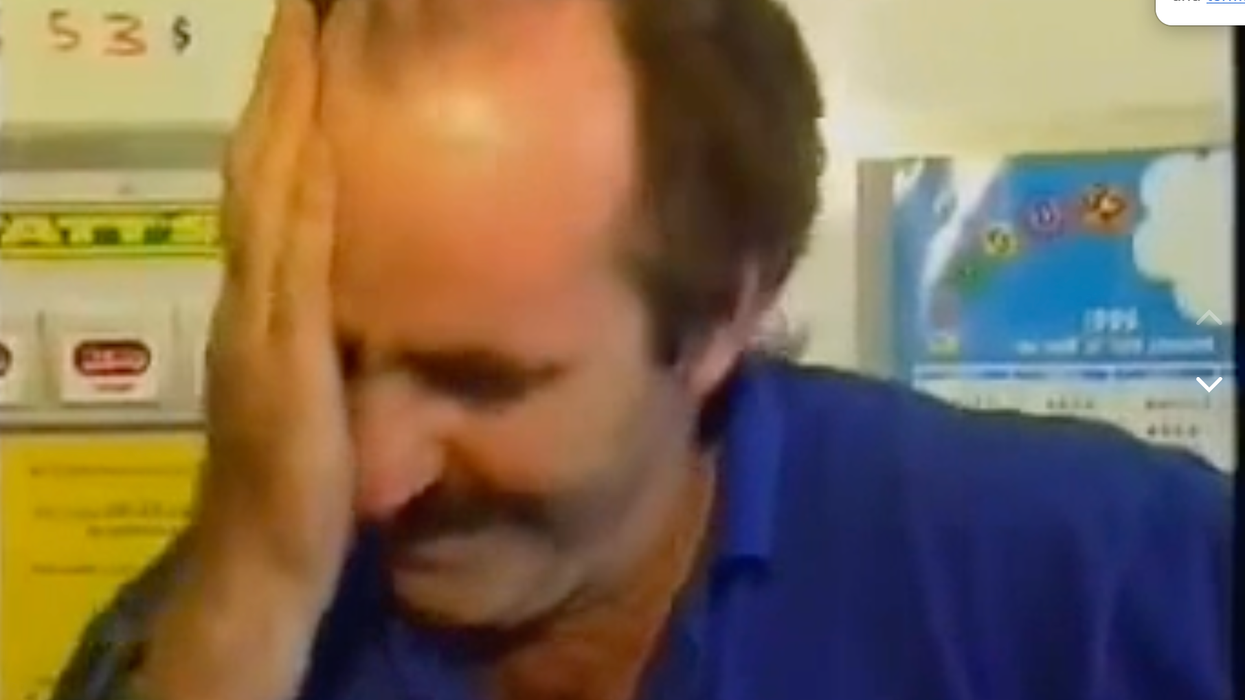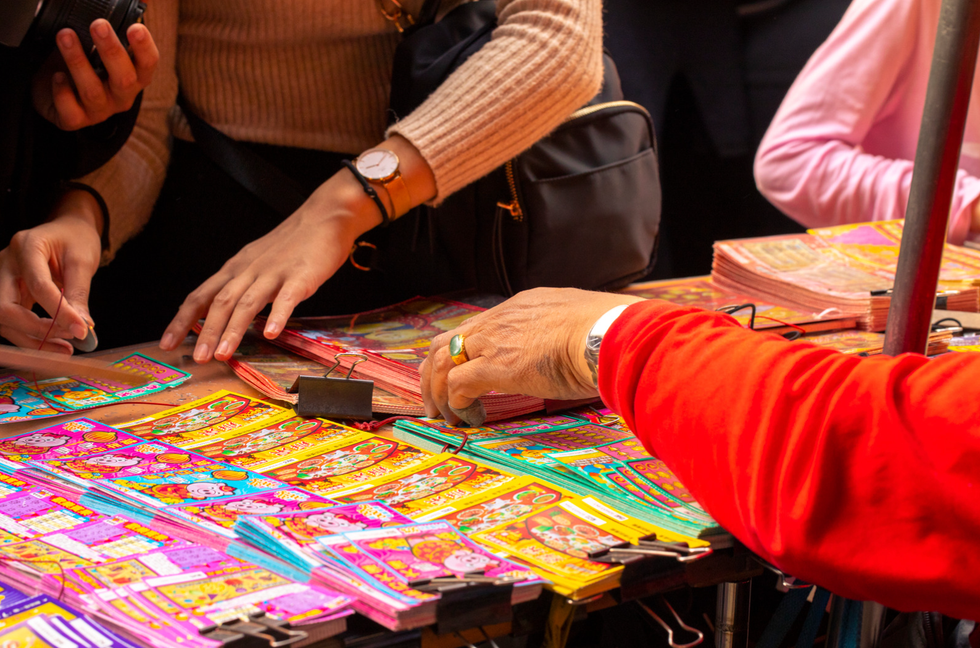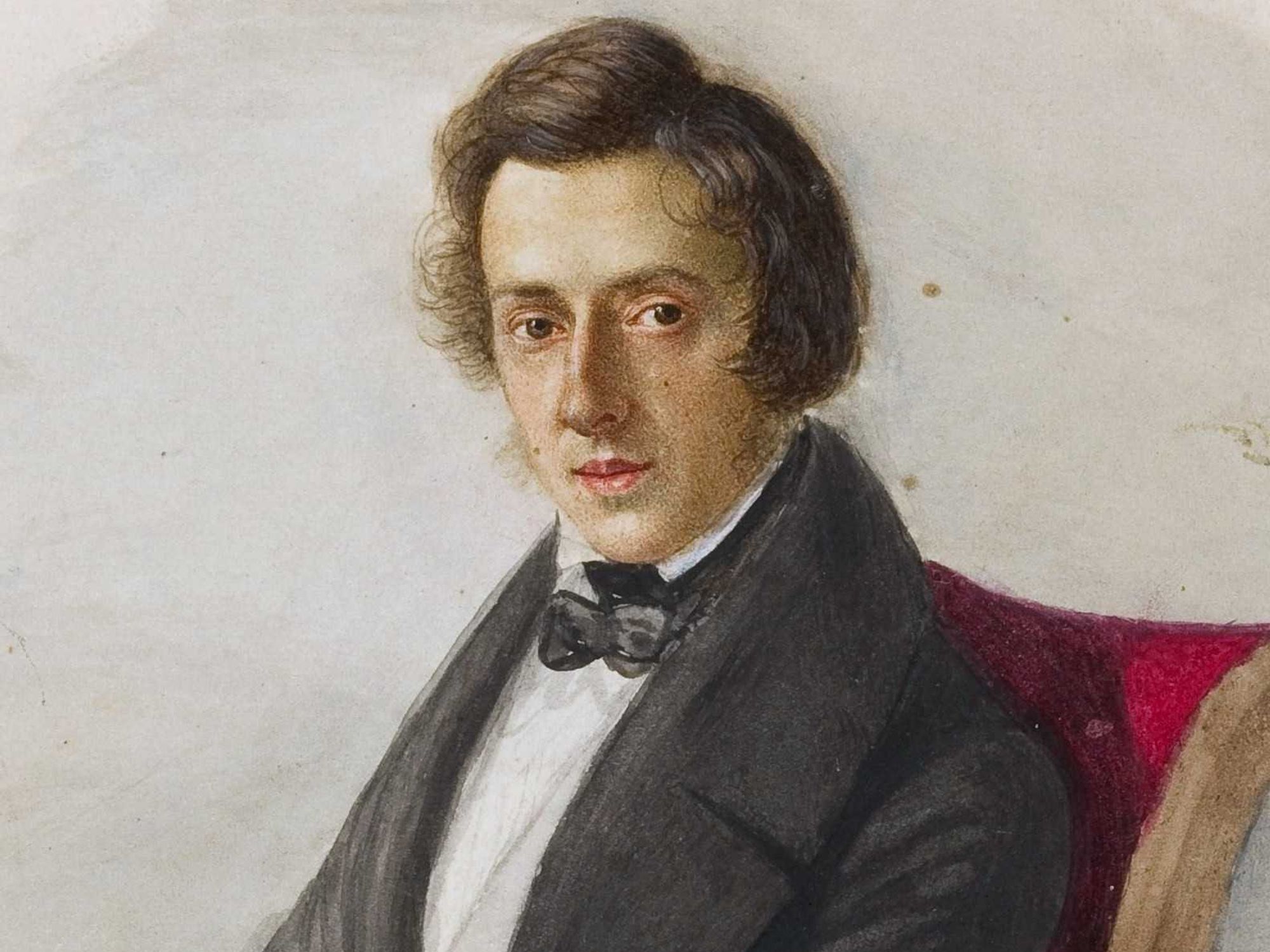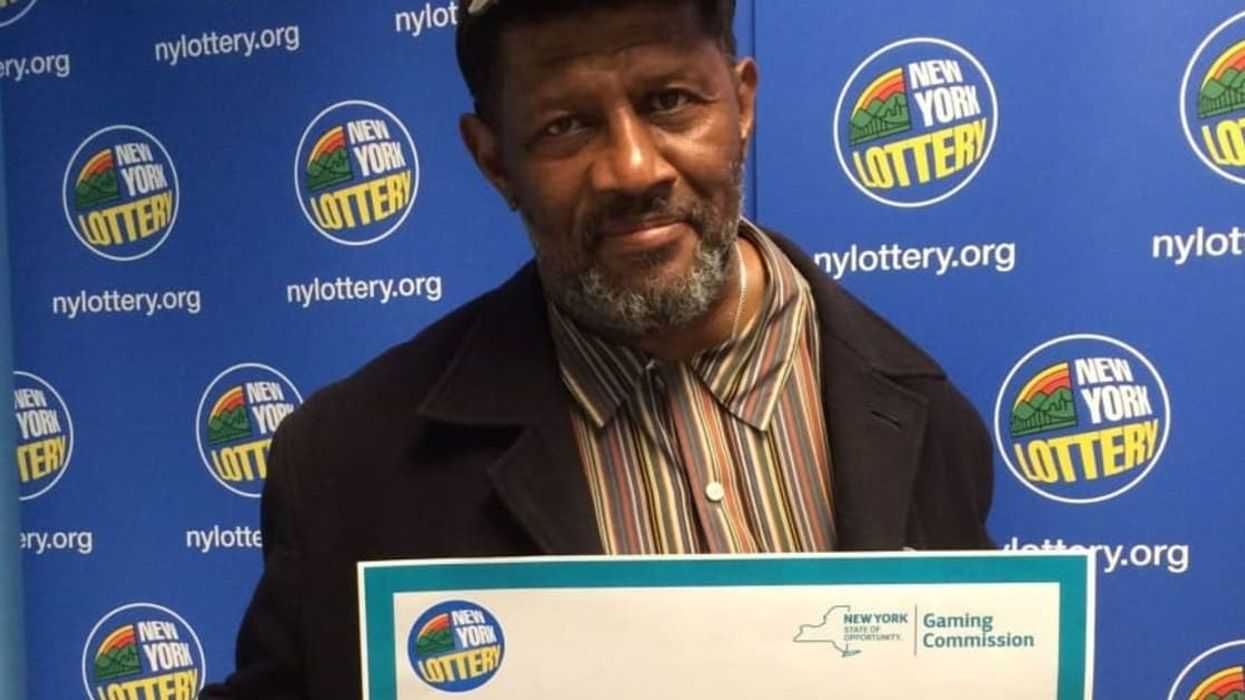For many post-Soviet states, the last 25 years have been an exercise in nation building, slowly extricating themselves from long heritages of Russian control. But in little Moldova, a mostly Romanian-speaking nation squashed between Romania and the Ukraine, there’s a small strip of land where you can still find the Soviet hammer and sickle flying over government facilities.
The Moldovan government doesn’t approve of this symbol. And you can certainly bet they don’t approve of thousands of Russian soldiers tromping around the region either. But there’s very little the state can do about any of this, because it’s all happening in the self-declared independent Pridnestrovian Moldovian Republic, better known as Transnistria.
A sliver of land between the Dniester River and Ukraine (in some places just a few miles wide), the primarily Russian-speaking Transnistria rejects Moldovan rule, pledging allegiance to Moscow and displaying Soviet relics as a symbol of its devotion to the notion of a regional Russophone empire. They’re not alone in yearning for a bygone Soviet era either: While we think of the U.S.S.R. as a hot mess in hindsight, many post-Soviet states (and minorities within) remember it fondly for tamping down ethnic conflicts, ensuring basic rights, and shelling out heavy subsidies that ensured a basic standard of living.
To many observers biting their nails over Vladimir Putin’s perceived expansionist policies, this kind of Soviet nostalgia is nightmarish. Putin rode to power on express promises to restore Russia’s global greatness. As an ex-KGB man, that has involved restoring some Soviet symbols at home, playing to these Golden Era memories. It’s also involved patriotism-building promises to protect Russian speakers abroad, especially those discontent with post-Soviet realities and longing to reconnect with Mother Russia. Many believe his dedication to a Novorossiya has fueled Russia’s territorial expansions in the Ukraine and ambitions beyond. And many fear that Transnistria, with its open arms towards Moscow, is both a model of Putin’s vision of a future of regional pro-Russian client states, and the next potential flashpoint for his neo-imperial inclinations.
After the former Soviet Union began to fall apart and Moldova moved towards independence, Transnistrians, wary of how Moldovan nationalism and language policies might affect their lives, decided not to follow, eventually fighting a war from 1991 to 1992 to retain their freedom. During the conflict, Russia offered Transnistria military and financial assistance, and then just never left. What’s more, Moscow has bankrolled Transnistria’s state-building venture for the past 25 years, although it still doesn’t officially recognize their independence. That’s probably a big part of why, in a 2006 referendum, 97 percent of the population expressed interest in joining Russia outright—an inclination that plays into Putin’s claims that aggressive action is needed to protect the rights and self-determination of Russian-speaking communities (and potential client states).
For a long time, Transnistria’s Russian-supported, Moscow-aligned de facto independence was just the status quo. Occasionally, Transnistria drew attention for its shady business practices, intense isolation, and frozen-in-time, Soviet wonderland feel. But for the most part, its borders with Moldova and Ukraine remained silent and steady. Yet in recent months, as Russia’s expansions into Crimea and other regions of southeastern Ukraine have intensified, Kiev has started to challenge Moscow’s access to Transnistria. Partisans in Transnistria have in turn called on the Russian state for protection. And waiting in the wings, observers like America’s John McCain and Georgia’s Mikheil Saakashvili have started to speculate that Russia might soon try to make a show of force in the enclave, living up to its regional patriotic and empire building ambitions, and possibly accelerating its expansion beyond Crimea.
This spring, as tensions continued to build, bringing the bizarre, self-declared state into sharper international focus, photographer Thomas Van Den Driessche decided to visit Transnistria’s capital, Tiraspol, on behalf of The Story Institute. Arriving just as the nation began simultaneous celebrations commemorating the 70th anniversary of the conclusion of the Great Patriotic War (Russia’s name for World War II) and the 25th anniversary of Transnistria’s self-proclaimed independence, he proceeded to document the trappings of pseudo-Soviet life, not just at the state level, but in the lives of everyday Transnistrians. The following 10 photos especially speak to just how deep the region’s love of Mother Russia runs, and how eager many are for the Novorossiya era.
















 A coffee shop in the middle of the dayCanva
A coffee shop in the middle of the dayCanva

 Several people scratching off lotto ticketsCanva
Several people scratching off lotto ticketsCanva A woman fans out a bunch of cash
A woman fans out a bunch of cash
 Portrait of Fryderyk Chopin.Maria Wodzińska/
Portrait of Fryderyk Chopin.Maria Wodzińska/  A standing ovation.Photo credit
A standing ovation.Photo credit 
 A hand holds multiple lottery ticketsCanva
A hand holds multiple lottery ticketsCanva Hundred dollar bills spread outCanva
Hundred dollar bills spread outCanva
 Some intense thinking.Photo credit:
Some intense thinking.Photo credit:  People support a distressed woman.Photo credit:
People support a distressed woman.Photo credit:  Smart guy with an idea.Photo credit:
Smart guy with an idea.Photo credit: 
 A subterranean waterfallCanva
A subterranean waterfallCanva